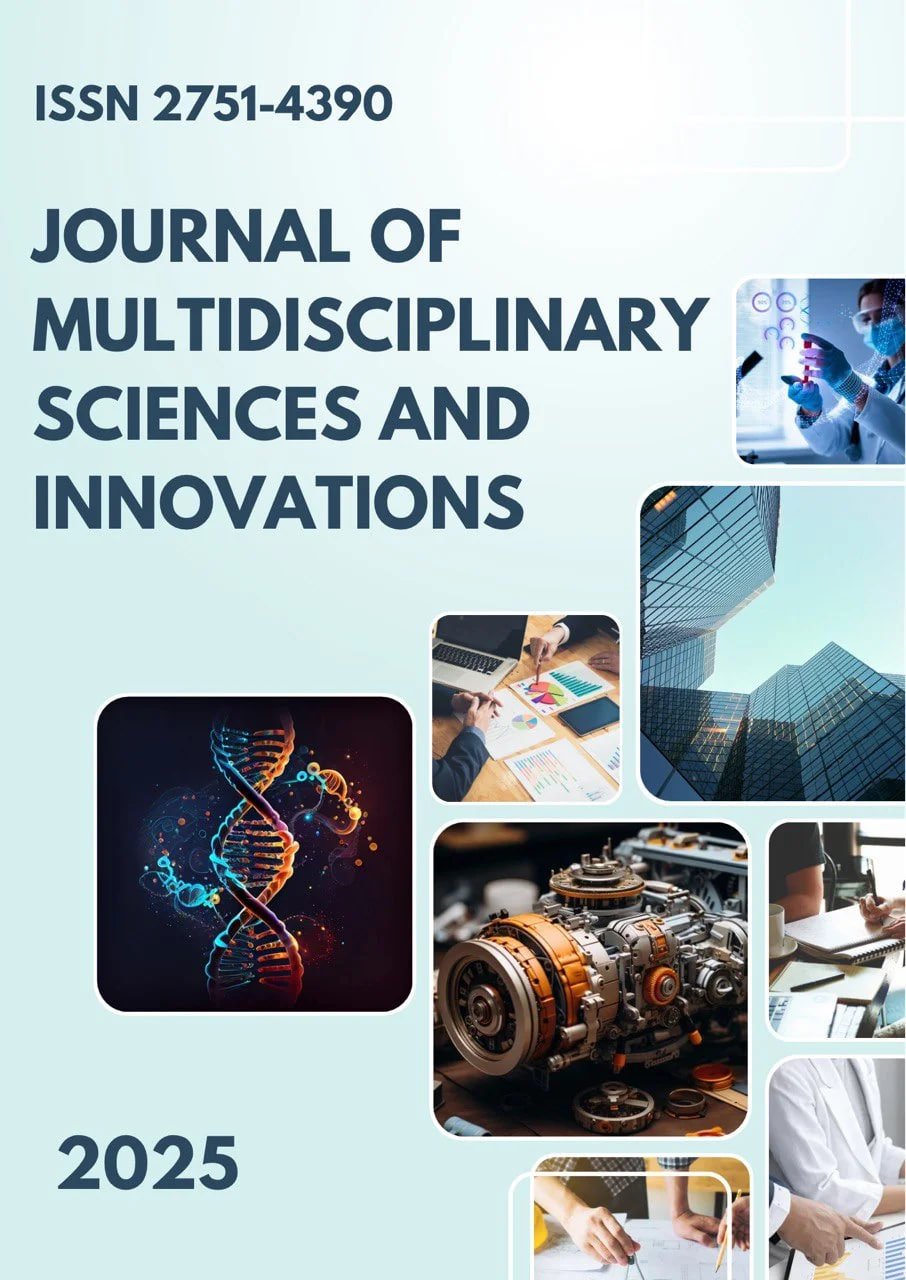TOWARD A GLOBAL, AI-AUGMENTED PEDAGOGICAL INFRASTRUCTURE FOR INCLUSIVE, MULTILINGUAL EDUCATION
Main Article Content
Abstract
This article presents a conceptual framework for a Global AI-Augmented Pedagogical Infrastructure (G-AAPI) designed to support inclusive, multilingual education at scale. We synthesize current empirical evidence and design principles to articulate an architecture that integrates multilingual AI assistants, data governance, teacher professional development, and equitable access to learning resources. The framework addresses three core challenges: (1) linguistic and cultural diversity in curricula, (2) data privacy, security, and ethics in AI-mediated learning, and (3) sustainable implementation across diverse educational ecosystems. We describe the components, governance mechanisms, and evaluation metrics of the G-AAPI, and outline a set of pilot exemplars spanning varied socio-economic contexts. Findings indicate that a carefully designed AI-augmented infrastructure can reduce learning gaps, enhance instructional responsiveness, and empower teachers without compromising privacy or equity. We also discuss risks, methodological considerations, and policy implications for large-scale adoption, along with a roadmap for iterative, evidence-driven refinement.
Downloads
Article Details
Section

This work is licensed under a Creative Commons Attribution 4.0 International License.
Authors retain the copyright of their manuscripts, and all Open Access articles are disseminated under the terms of the Creative Commons Attribution License 4.0 (CC-BY), which licenses unrestricted use, distribution, and reproduction in any medium, provided that the original work is appropriately cited. The use of general descriptive names, trade names, trademarks, and so forth in this publication, even if not specifically identified, does not imply that these names are not protected by the relevant laws and regulations.
How to Cite
References
1. Luckin, R., Holmes, W., Griffiths, M., & Forcier, L. (Year). Title focusing on AI in education and learning analytics. Publisher/Journal. DOI.
2. UNESCO (Year). Education for a Diverse and Digital Age: Frameworks for Inclusive and Multilingual Education. Publisher/Report.
3. World Bank (Year). Education and Technology: Bridging Gaps in Low-Resource Settings. Publisher/Report.
4.Pardo, A., & Jiménez, M. (Year). Multilingual NLP in Educational Contexts: Challenges and Opportunities. Journal.
5. European Commission (Year). H2020/Next Generation Education Technologies: Policy and Practice. Publisher/Report.
6. Selwyn, N. (Year). What Counts as Learning in the Age of AI? Educational Studies Journal.
7. World Economic Forum (Year). The Digital Transformation of Education: Policy Recommendations. Publisher/Report.

